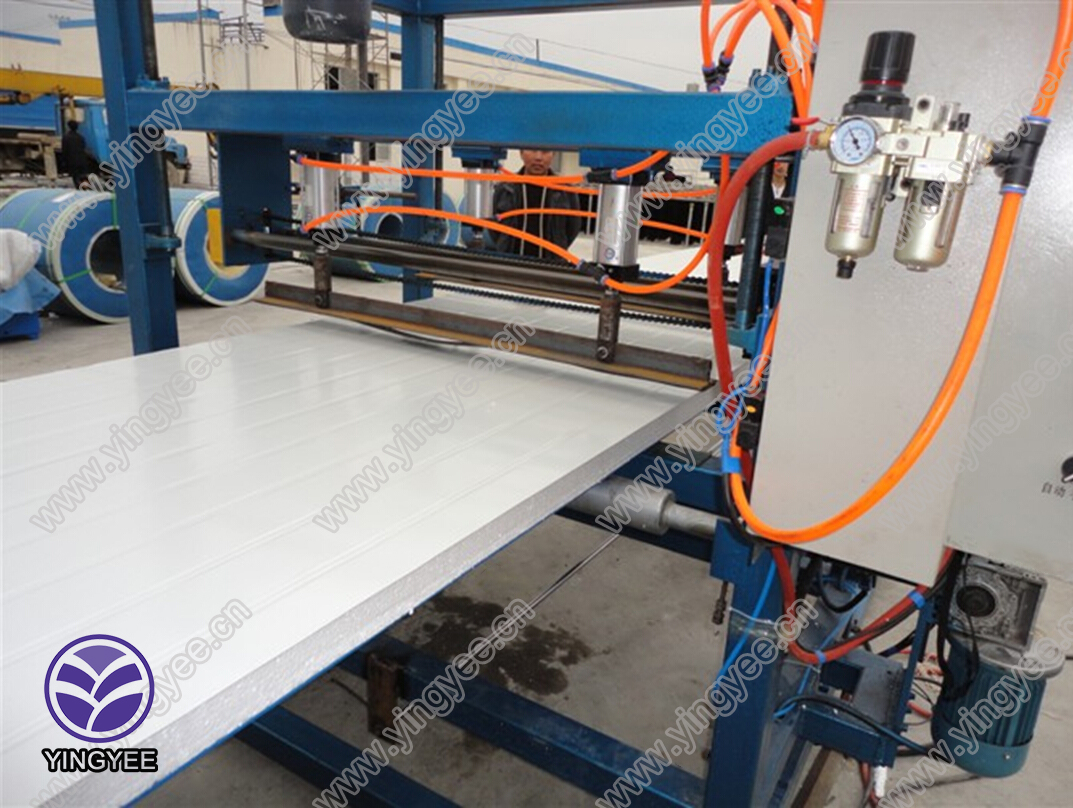
Understanding Thread Rolling Machine Price Lists
Thread rolling machines are essential tools used in manufacturing industries for producing threaded parts efficiently and accurately. These machines have applications in various sectors, including automotive, aerospace, and construction. As with any industrial equipment, understanding the pricing of thread rolling machines is crucial for businesses looking to invest in these machines for their production processes.
Factors Influencing the Price of Thread Rolling Machines
1. Type of Machine There are different types of thread rolling machines flat, cylindrical, and planetary. Each type has different functionalities and is suited for specific applications. Flat rolling machines, for instance, are often less expensive than planetary types due to their simpler design and capabilities.
2. Capacity and Size The size and capacity of a thread rolling machine play significant roles in its pricing. Larger machines with higher production capacity typically come with a higher price tag. Customers need to assess their production needs to choose a machine that offers the right balance of size and power without overspending.
3. Material and Build Quality The materials used in construction, such as the quality of steel and components used, can significantly affect the price. Machines built with high-grade materials tend to be more durable and efficient, justifying their higher costs.
4. Technology and Features Advanced features such as CNC (Computer Numerical Control) capabilities, automation, and energy efficiency can drive up the price of thread rolling machines. While basic models may be less expensive, investing in technology can enhance productivity, reduce labor costs, and improve the quality of the finished products.

5. Brand and Manufacturer Reputation Established brands with a reputation for reliability and excellent customer service often command higher prices. However, these brands may also offer better warranties, service options, and support, providing long-term value.
6. Market Demand and Supply Like any other product, the pricing of thread rolling machines can fluctuate based on market demand and supply. During periods of high demand, prices may rise, whereas a surplus in supply could lead to reductions in prices.
Price Ranges and Examples
The price of thread rolling machines can vary widely depending on the factors mentioned above. Entry-level machines might start around $5,000, suitable for small-scale operations or startups. Mid-range machines typically range from $15,000 to $50,000, offering a good balance of features and performance for medium-sized businesses. High-end machines, especially those with advanced automation and larger capacities, can cost anywhere from $50,000 to over $200,000.
For instance, a basic flat thread rolling machine might be priced at $8,000, while a high-speed CNC thread roller used for high-volume production could exceed $100,000 depending on specific customizations required.
Conclusion
Investing in a thread rolling machine is a significant decision that requires careful consideration of various factors influencing the pricing. By understanding the different elements that contribute to the costs, manufacturers can make informed choices that align with their production needs and budget constraints. A well-chosen thread rolling machine not only enhances operational efficiency but also ensures high-quality production, leading to better profitability in the long run. When reviewing a price list, potential buyers should consider not only the upfront cost but also the long-term benefits associated with each machine.